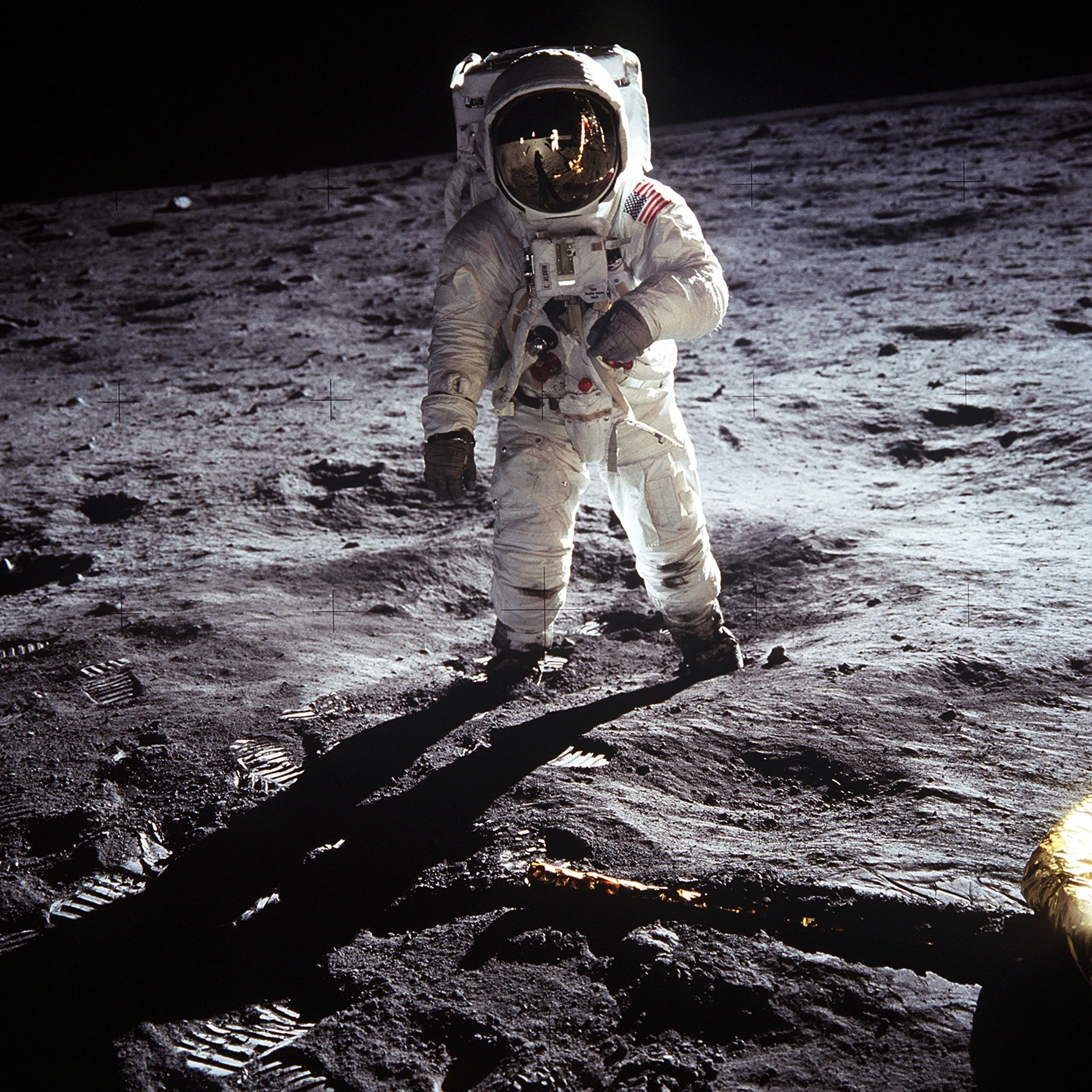Global Initiative to Clean Up Space Junk Shows Results
Look up at the night sky, and you'll see the vast expanse of stars, planets, and galaxies. But there's something else up there too, something we often forget about—space junk. For years, space debris has been accumulating around Earth, posing a potential threat to satellites and future space missions. However, there's good news on the horizon: a global initiative to clean up space junk is finally showing promising results.

A Personal Glimpse into the Issue
My interest in space and astronomy led me to attend a lecture by a renowned astrophysicist. During the talk, they shared a startling fact—there are millions of pieces of space debris in Earth's orbit, each traveling at breakneck speeds. It was a wake-up call about the growing problem of space junk.
The Space Debris Conundrum
Space debris, also known as orbital debris or space junk, consists of defunct satellites, spent rocket stages, and other discarded fragments from past space missions. These objects pose a significant hazard to active satellites and spacecraft, increasing the risk of collisions that could create even more debris in a dangerous cascade effect.
My Brush with Space Junk
I was surprised to learn that even tiny flecks of paint can cause damage when hurtling through space at high velocities. A firsthand account from an astronaut who'd seen a space window pitted by a minuscule paint chip reinforced the seriousness of the issue.
A Global Effort to Clean Up
Recognizing the urgency of the situation, space agencies and organizations worldwide have joined forces to tackle the problem of space debris. They've implemented a variety of strategies to reduce, remove, and prevent further space junk accumulation.
Tracking and Monitoring
One of the critical steps in managing space debris is constant tracking and monitoring. Powerful radar systems keep an eye on objects in Earth's orbit, allowing for collision avoidance maneuvers when necessary.
Innovative Solutions
Innovative technologies like nets, harpoons, and even lasers are being developed to capture and deorbit larger pieces of space debris. These solutions aim to safely remove potentially dangerous objects from the crowded skies.
Promising Results
The efforts to clean up space junk are beginning to yield results. Several defunct satellites and rocket stages have been successfully deorbited in controlled reentry processes, reducing the risk of collisions in heavily trafficked regions of space.
The Kessler Syndrome
The nightmare scenario of the "Kessler Syndrome," where cascading collisions create a debris field that makes space travel nearly impossible, still looms. However, the progress being made in space cleanup is a step toward preventing this catastrophic outcome.
Space Sustainability
Beyond the immediate benefits of reducing space debris, these initiatives promote the concept of space sustainability. As we venture further into the cosmos, it's crucial to ensure that we leave as little impact as possible and protect the environment beyond Earth.
Looking Ahead
The journey to a cleaner space environment is ongoing, and there's much work to be done. But the progress so far is a testament to human ingenuity and our ability to address global challenges when we come together with a shared goal.
Your Role in Space Cleanup
While space agencies and organizations are leading the charge, every individual can play a part in preserving the space environment. Supporting space-friendly policies, raising awareness, and advocating for responsible space practices are ways you can contribute to this vital effort.
In conclusion, the global initiative to clean up space junk is making significant strides in safeguarding the space environment. It's a reminder that even in the vastness of space, our actions have consequences, and our responsibility to protect the cosmos is as critical as ever.

No comments:
Post a Comment